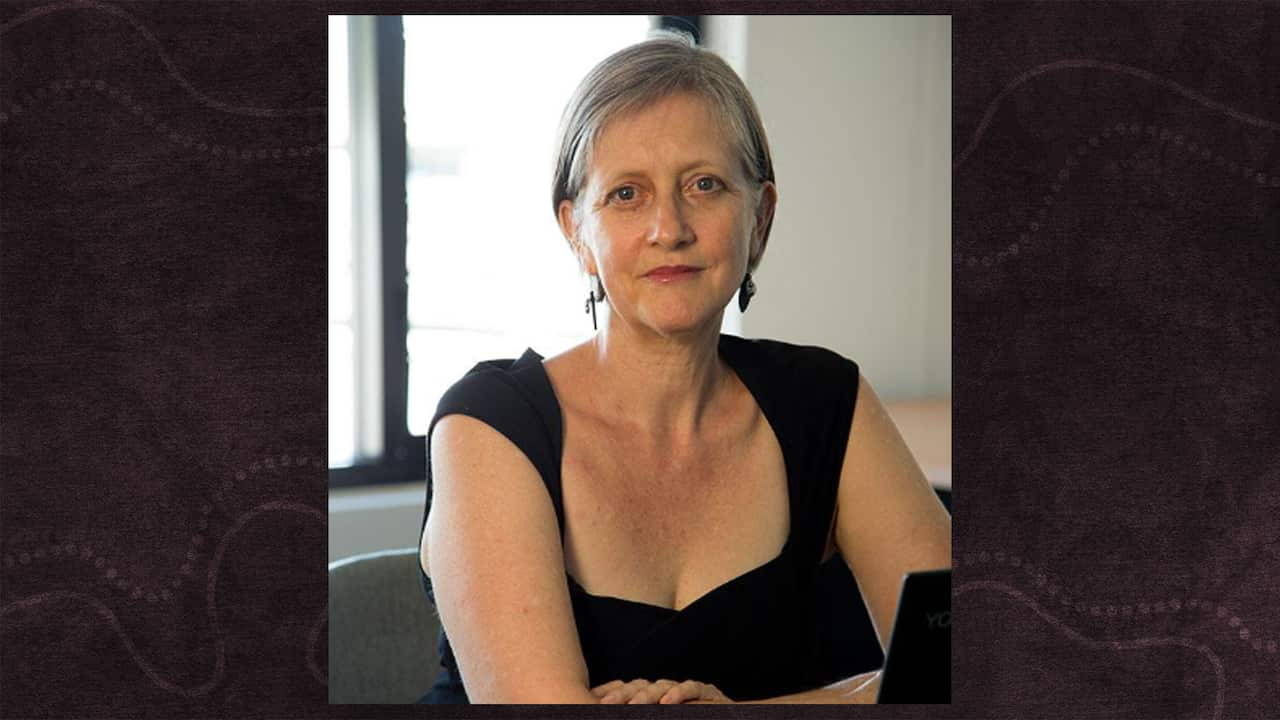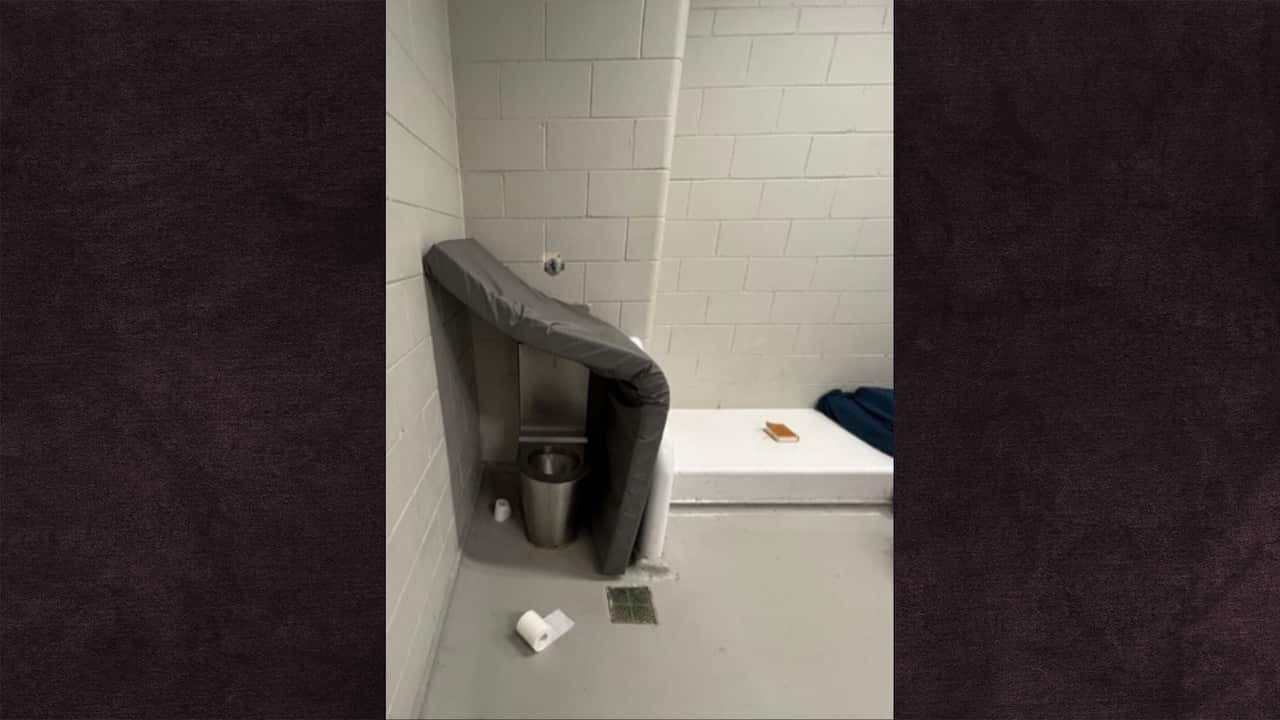The Northern Territory Ombudsman has released a damning report into the housing of prisoners in police watch houses, describing conditions as “unreasonable and oppressive.”
Acting Ombudsman Bronwynn Haack found prisoners suffered extreme confinement, sleep deprivation, inhumane toilet access, and widespread deterioration of physical and mental health.
The watchdog’s investigation spanned four months from November 2024 to February this year, following a surge in prisoner numbers after the CLP government made changes to bail conditions.
“The conditions for Territory prisoners held in police watch houses during this period was unacceptably poor in several key regards," reads Ms Haack's foreword.
"No prisoner, regardless of their offence, should be held in such conditions.”

She found the conditions, endured by mainly Aboriginal prisoners, was “extremely poor” and fell “significantly below” national standards and recommended the removal of Territory prisoners from police watch houses “as a matter of urgency.”
“The practice of holding Territory prisoners in watch houses and the way that was implemented, included them being held in conditions that were unreasonable and oppressive.”
The NT's Minister for Corrections, Gerard Maley, said the CLP government had increased correctional capacity since winning office, "easing the pressure on watch houses."
"But I want to make clear - we will continue to do what it takes to ensure we reduce crime across the Territory," he said.
"We make no apologies for restoring the rights of victims and the community and I've said many times, if you do the wrong thing, we will find you a bed."
Testimonies reveal poor conditions
The report contains harrowing testimony from prisoners, highlighting experiences in contravention of the Guiding Principles for Corrections in Australia.
While prisoners are supposed to have continual access to clean drinking water, Territory watch house water bubblers are situated above toilets.
Combined with the overcrowding of cells and near constant use of toilets, the areas became "putrid" and potentially unhygienic.
"It was disgusting. It stinks," said one prisoner interviewed for the report.
"We kept asking the officers for a cup of water and they said no."

Poor bedding conditions contributed to discomfort and the spread of disease.
"When people would leave watch house, I would actually take their blankets and stack them up for a better pillow," said one prisoner.
"But that’s probably why I caught tinea as well, using other people’s blankets."
Prisoners also spoke of the impact on their mental health caused by a lack of natural light and the constant presence of artificial light.
"I didn’t know how many days I’d been there until after the fact," one prisoner is quoted.
"It sort of affected my concept of time and it sort of made my brain really hazy."
Prisoners reported sticking newspaper over the lighting with toothpaste to block them out.
The report noted that the need for surveillance should be satisfied with the advanced technology of CCTV cameras, which are capable of seeing in low-light conditions.
Stefan Enciso, a member of community group Justice Not Jails (JNJ), condemned the findings of the report.
"We're obviously horrified, but not surprised," he told NITV.
"This has been effectively CLP policy since day number one. They were elected in August 2024, and the first thing they did ... was introduce a suite of punitive reforms.
"They introduced bail reforms that virtually guaranteed there would be more people behind bars.
"The system doesn't have the capacity to deal with the number of people now being arrested and detained.
"That's why we've seen police watch houses being used in this way."
Mr Enciso said JNJ rejected the CLP's claims they had reduced the number of victims of crime through its punitive approach.
"What this report proves in great detail is that people are being actively victimised inside of police watch houses, denied access to basic hygiene, outdoor light, to .. their family and friends.
"These are all instances of oppressive treatment that nobody should be subjected to regardless of what they've been charged with."

